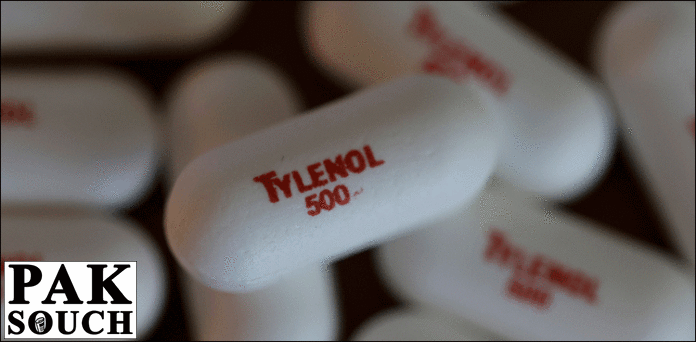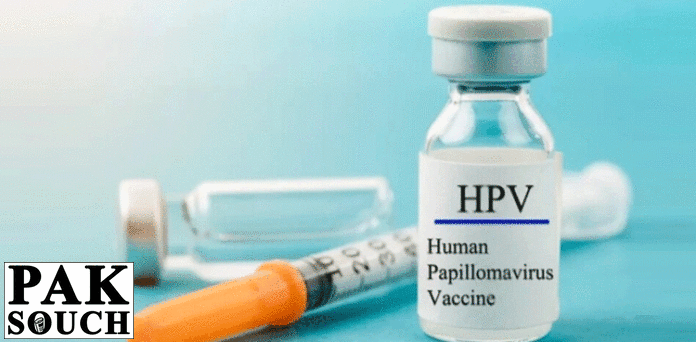Washington, September 23, 2025 — U.S. President Donald Trump has issued a warning to pregnant women, advising them to limit their use of Tylenol (paracetamol), citing a possible link to autism — a claim that has stirred controversy among medical experts worldwide.
During a press briefing, Trump claimed that Tylenol, a commonly used pain reliever, may increase the risk of autism in unborn children if taken during pregnancy. He further suggested that the Food and Drug Administration (FDA) would soon issue stricter guidelines, recommending doctors not to prescribe the drug to expectant mothers unless absolutely necessary.
“It’s not a good medicine. Taking Tylenol during pregnancy could raise the chances of autism in babies,” Trump said. “Pregnant women should avoid it as much as possible, and use it only in cases of high fever.”
Medical and Industry Pushback
Trump’s statement was immediately met with backlash from healthcare professionals and pharmaceutical companies. Experts stressed that his remarks were unsupported by credible scientific evidence and could cause unnecessary fear among expectant mothers.
The manufacturer of Tylenol, Kenvue, issued a statement to the BBC, saying:
“Scientific research clearly shows that acetaminophen does not cause autism. Tylenol remains one of the most widely studied and trusted medications for pain and fever management.”
Similarly, health authorities in the United Kingdom reaffirmed that paracetamol is the safest pain-relief option for pregnant women, urging people not to panic or discontinue its use without medical advice.
Global Context
Tylenol is a household name in the United States, Canada, and several other countries, while its active ingredient, acetaminophen, is better known internationally as paracetamol. It is considered one of the most reliable over-the-counter medicines for managing pain and fever, especially in vulnerable groups such as pregnant women and children.
Research over the years has occasionally raised concerns about potential side effects, but no conclusive evidence has ever established a link between paracetamol and autism. Health agencies continue to endorse its safe use when taken at recommended doses.
The Broader Debate
Trump’s comments have sparked a wider debate about how political leaders influence public health discussions. While some supporters argue that he is raising awareness about potential risks, critics accuse him of spreading misinformation and undermining trust in established medical science.
For now, doctors advise pregnant women to follow existing medical guidelines:
- Use paracetamol when necessary for pain or fever.
- Avoid overuse or unnecessary medication.
- Consult healthcare providers before starting or stopping any medicine during pregnancy.
As the controversy unfolds, health experts warn that misleading claims about widely used drugs could lead to dangerous consequences, including untreated illnesses or unnecessary anxiety among patients.










